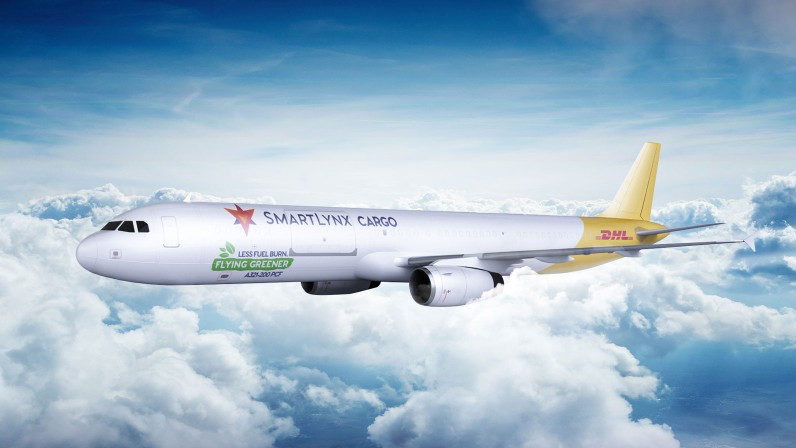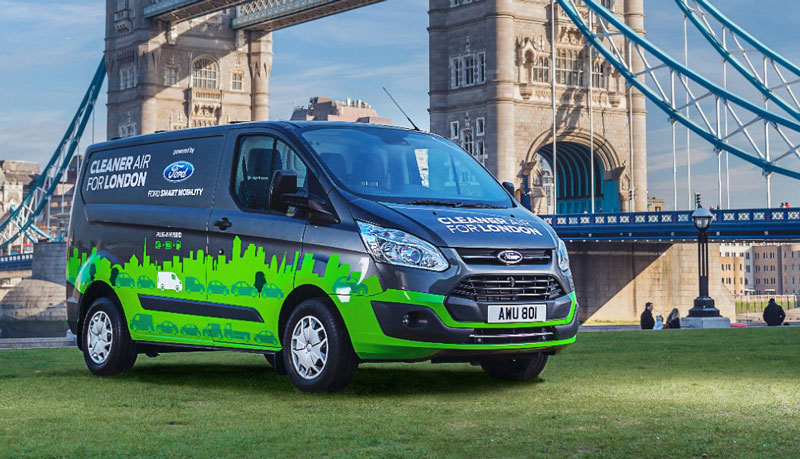Bonn, Birkirkara – DHL Express, the world’s leading express service provider, and SmartLynx Malta announce the signing of a new partnership agreement for the introduction of two newly converted Airbus A321-200 freighters joining DHL’s European air fleet. The new technically advanced narrow-body fleet type is adding capacity to meet the increasing demand for express cargo transportation worldwide combined with further improving DHL’s unit Co2 emissions by introducing the most fuel efficient narrow-body aircraft in its class.
SmartLynx is a family member of Avia Solutions Group, the largest aerospace business group from Central & Eastern Europe, and has extensive experience operating the A321 family of aircraft. This agreement sets a new hallmark as SmartLynx’s Malta subsidiary enters into the freighter market.
The partnership comes as both a confirmation and a recognition of SmartLynx Malta’s standing in the aviation industry, and its place in supporting the growing demand for air cargo capacity. Increasing demand for e-commerce shipments and also highly important protective and medical goods, require additional air cargo capacity. The fuel-efficient Airbus A321-200 achieves superior unit reductions in CO2 emissions compared to similar class freighter models. By investing in these aircraft, SmartLynx Malta illustrates its commitment towards embracing a future focused on cleaner, more sustainable air freight carriage.
Smartlynx Malta is planning to add two additional A321Fs during 2021 and up to four units during 2022, with a business target of becoming one of the largest narrow-body cargo freight carriers within the next three years.





